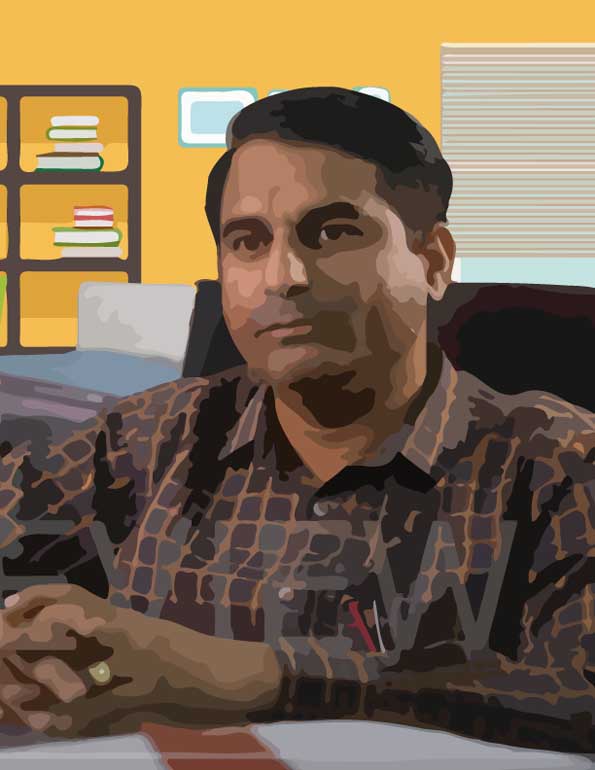Kolhapur, situated in Maharashtra, India, is known for its rich cultural heritage and historical significance. The region is characterized by a mix of urban and rural areas, with a vibrant community that values its cultural roots while embracing modernity. The city has seen rapid urbanization and faces challenges typical of growing urban centers with a fast-growing population, including infrastructure development, waste management, and sanitation facilities.
Dr. Vijay Patil, the Chief Health Inspector at Kolhapur Municipal Corporation, stands at the forefront of a sanitation revolution, placing household toilets at the center of his initiatives. His journey within the Health Department has helped him recognize and reflect on the transformative power of toilets. Throughout his tenure, he has observed a significant shift in sanitation practices and the challenges that exist around them. Initially, the focus was on building public toilets to solve the problem of access to sanitation services. However, considering inherent risks around spread of diseases continued to persist, owing to issues of overcrowding and a lack of individual maintenance, the discourse shifted towards individual household toilets.
Dr. Patil has been spearheading this paradigm shift from communal sanitation solutions to personalized household toilets, advocating for public health, hygiene, and dignity for all. The challenges of limited urban space and community opposition to building individual toilets led to innovative collaborations with architects and NGOs. Together, they devised space-saving models and unique septic tank designs, enabling construction even in tight city spaces. The strategy was not just about providing toilets; it involved modifying houses, connecting drainage lines, and ensuring that the most marginalized urban poor had access to the best services in cities. The Corporation also adopted a participatory model involving self-help groups and local communities in the design and implementation process to ensure beneficiaries felt a strong sense of ownership towards the solutions being implemented.
With the aim to promote inclusive sanitation, eliminate economic barriers and enable more families to afford and access proper sanitation, the Kolhapur Municipal Corporation waived drainage connection fees for households constructing personal toilets, emphasizing the corporation's commitment to societal welfare. Another crucial aspect was the introduction of scheduled desludging programs monitored through the Sanitrack app. This technological intervention ensured timely maintenance and waste disposal from septic tanks, reducing dependence on citizens and enhancing the sustainability of the sanitation system. One of the pivotal aspects of the success of these toilets was the involvement of Self-Help Groups (SHGs) in program delivery which helped in fostering community participation. These groups not only facilitated financial aid transfer from the government to citizens but also served as motivational pillars, encouraging widespread adoption and accelerating the construction of personal toilets.
Looking ahead, Dr. Patil envisions a city completely devoid of public toilets, emphasizing the hygiene and sustainability benefits of individual household sanitation units. His vision aims for 100% household coverage with personal toilets, creating a healthier and more dignified community who has access to their own privacy. His efforts have significantly improved public health, with reduced spread of diseases, improved hygiene practices, enhanced public health and the empowerment of women and vulnerable groups.

